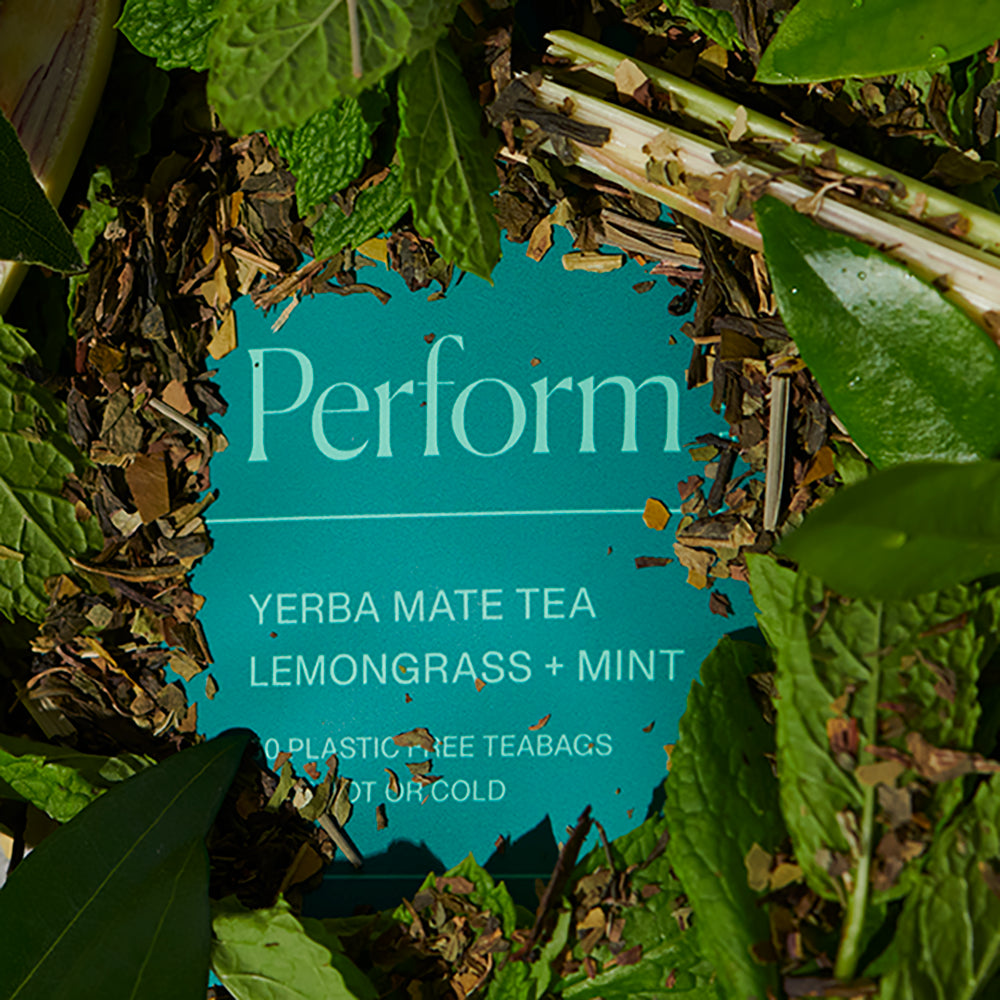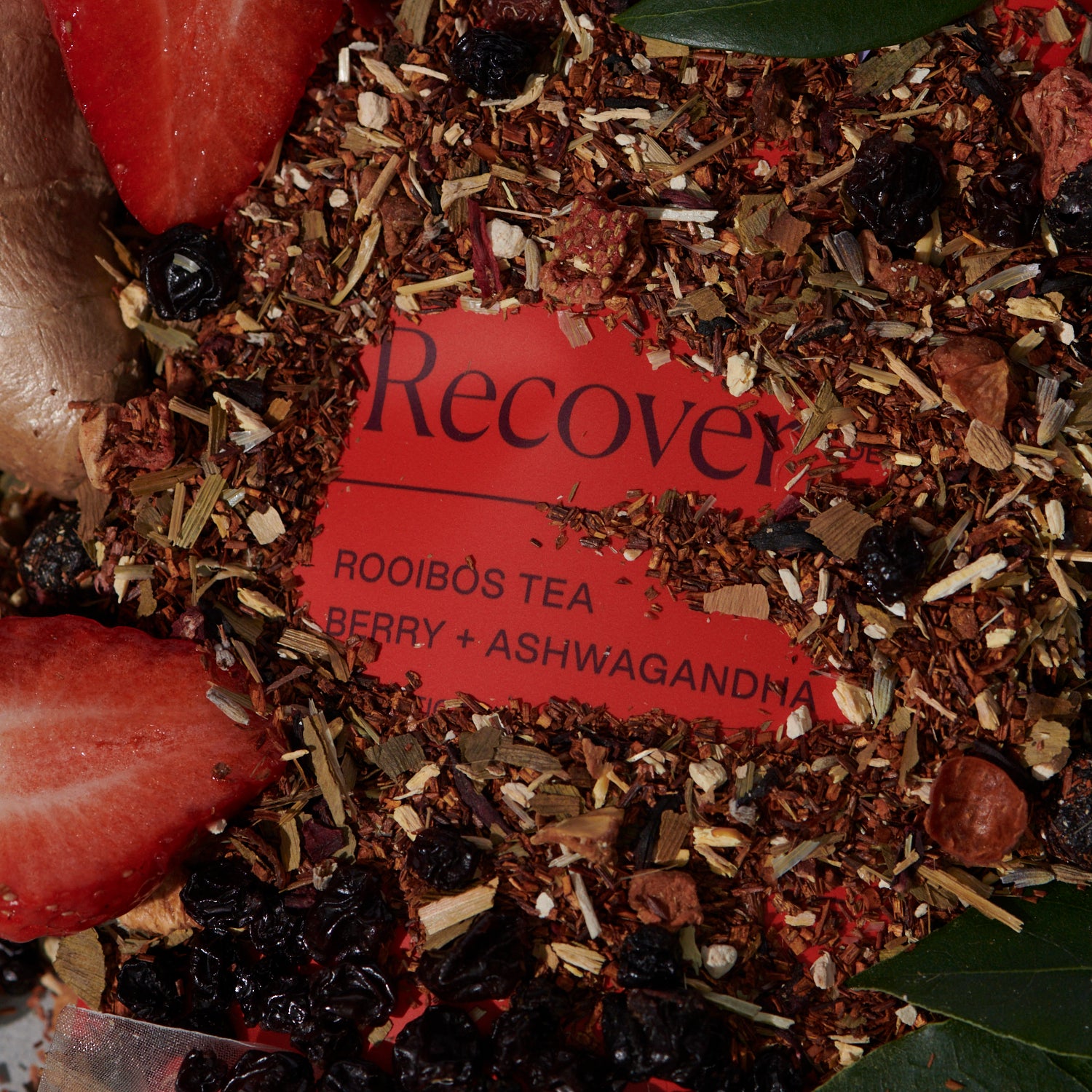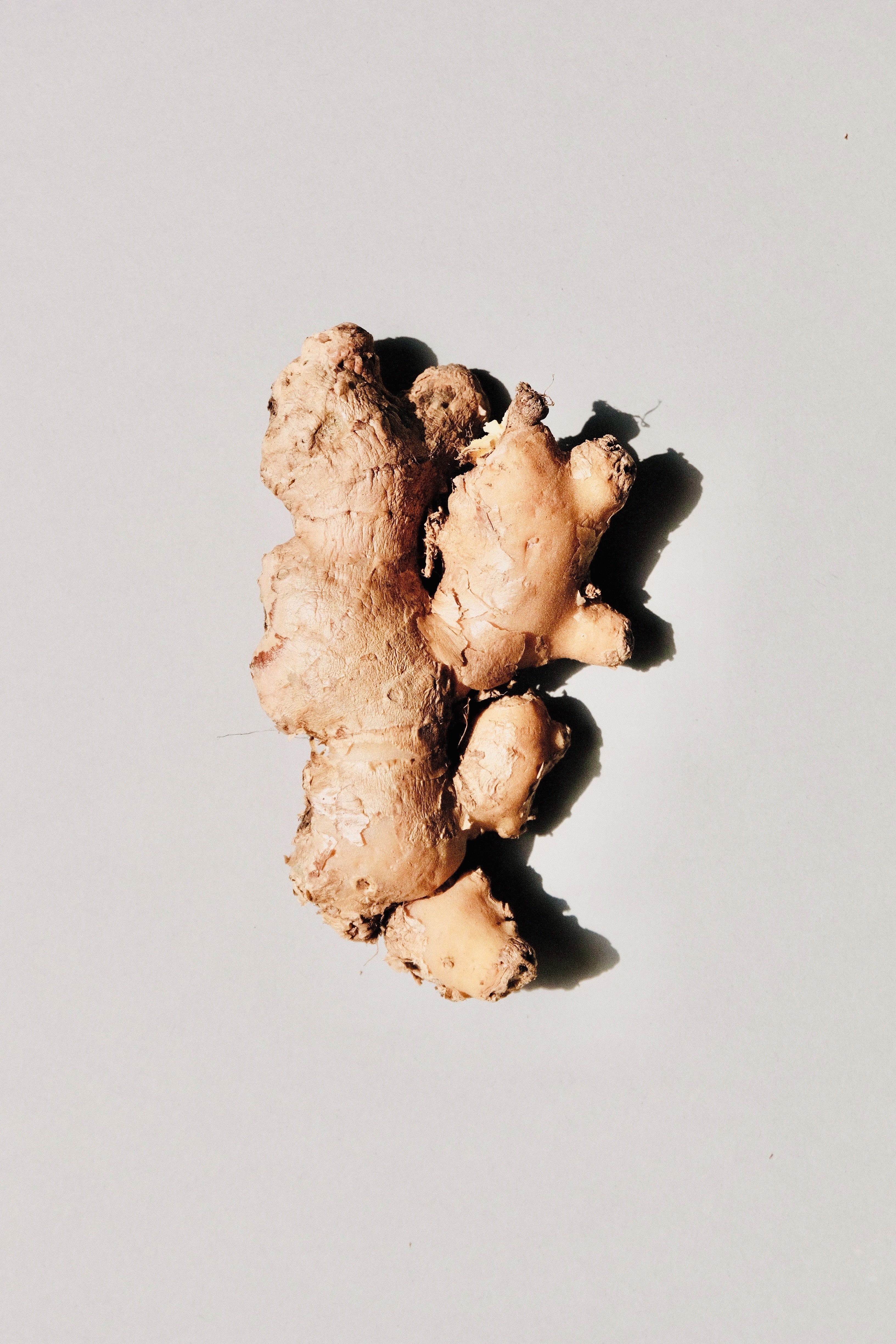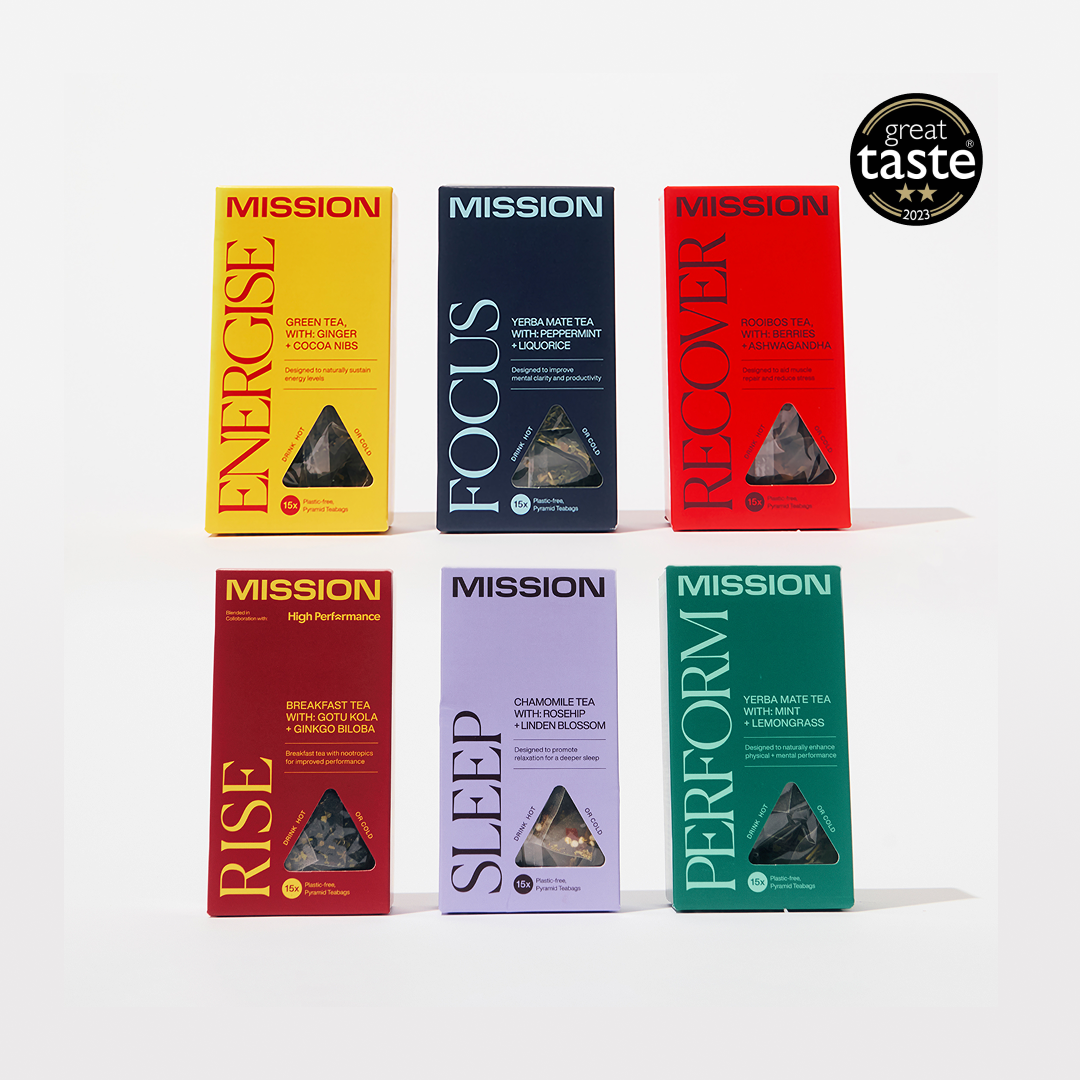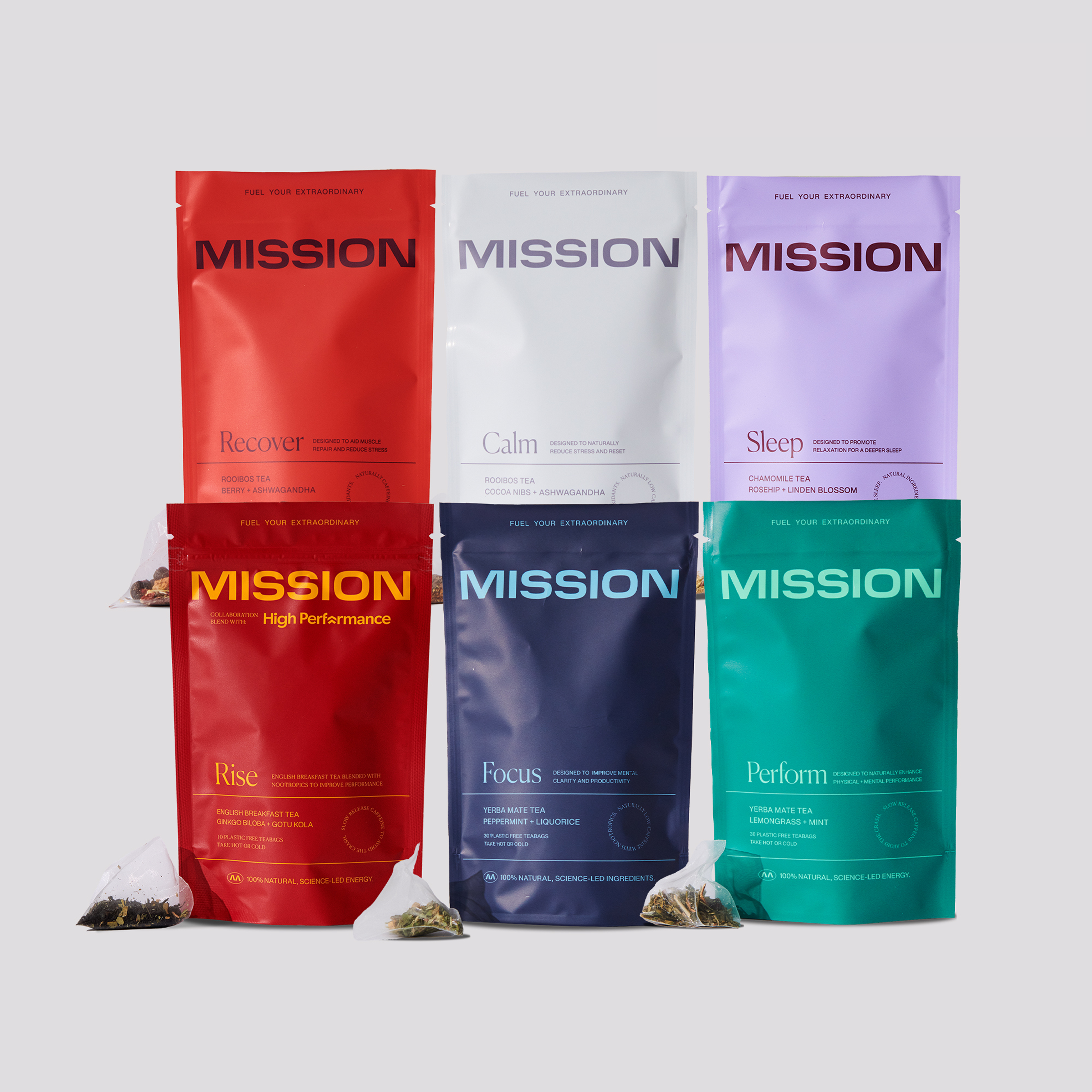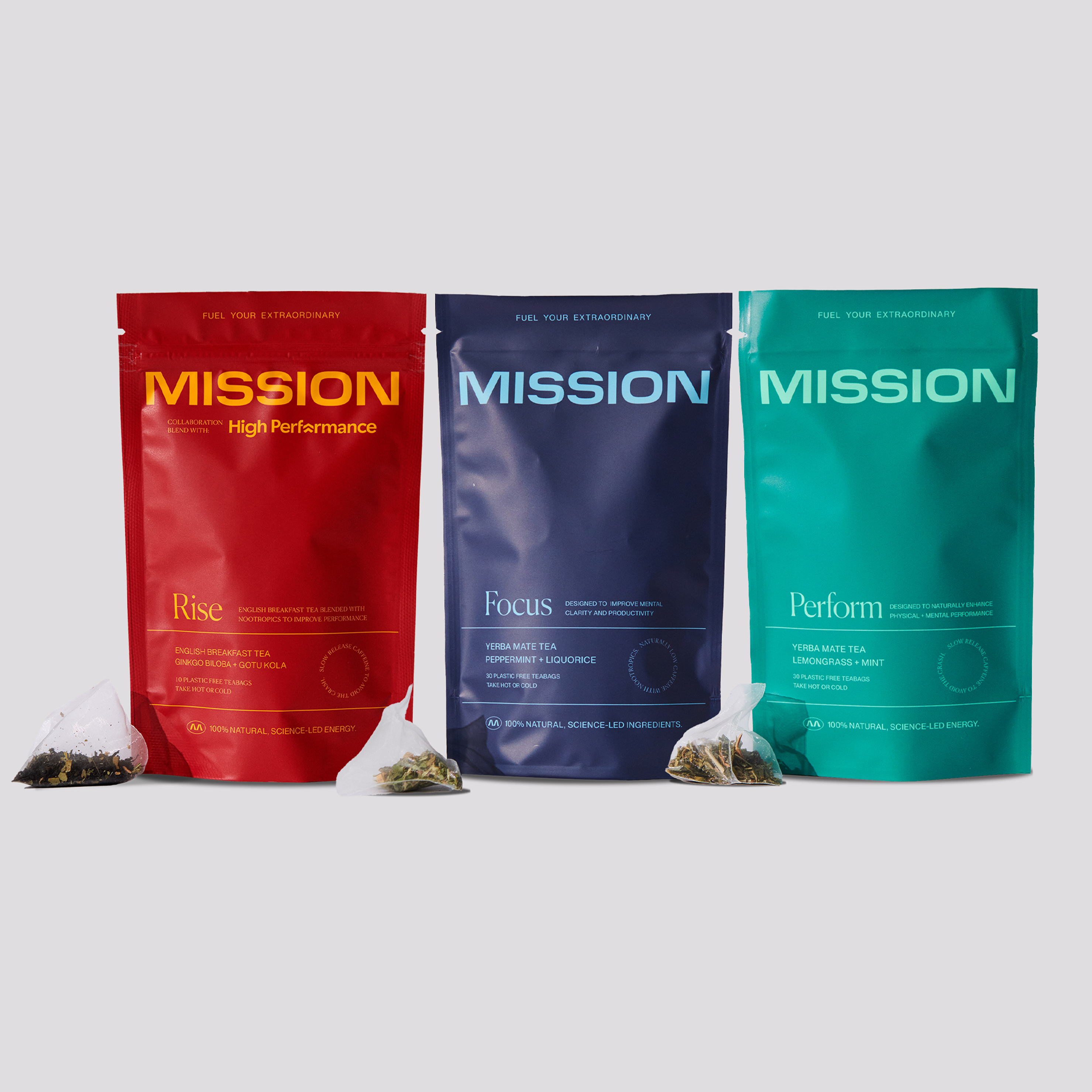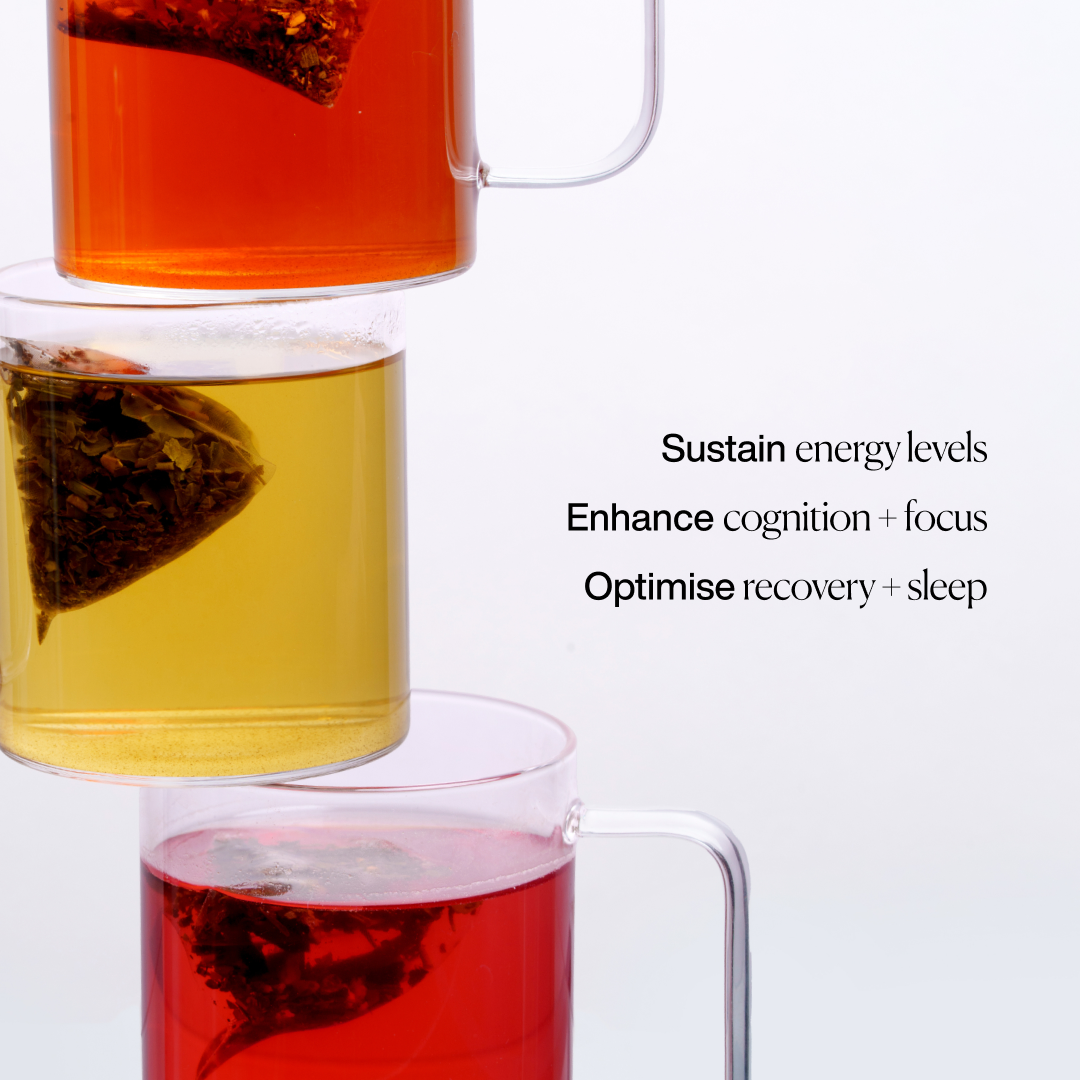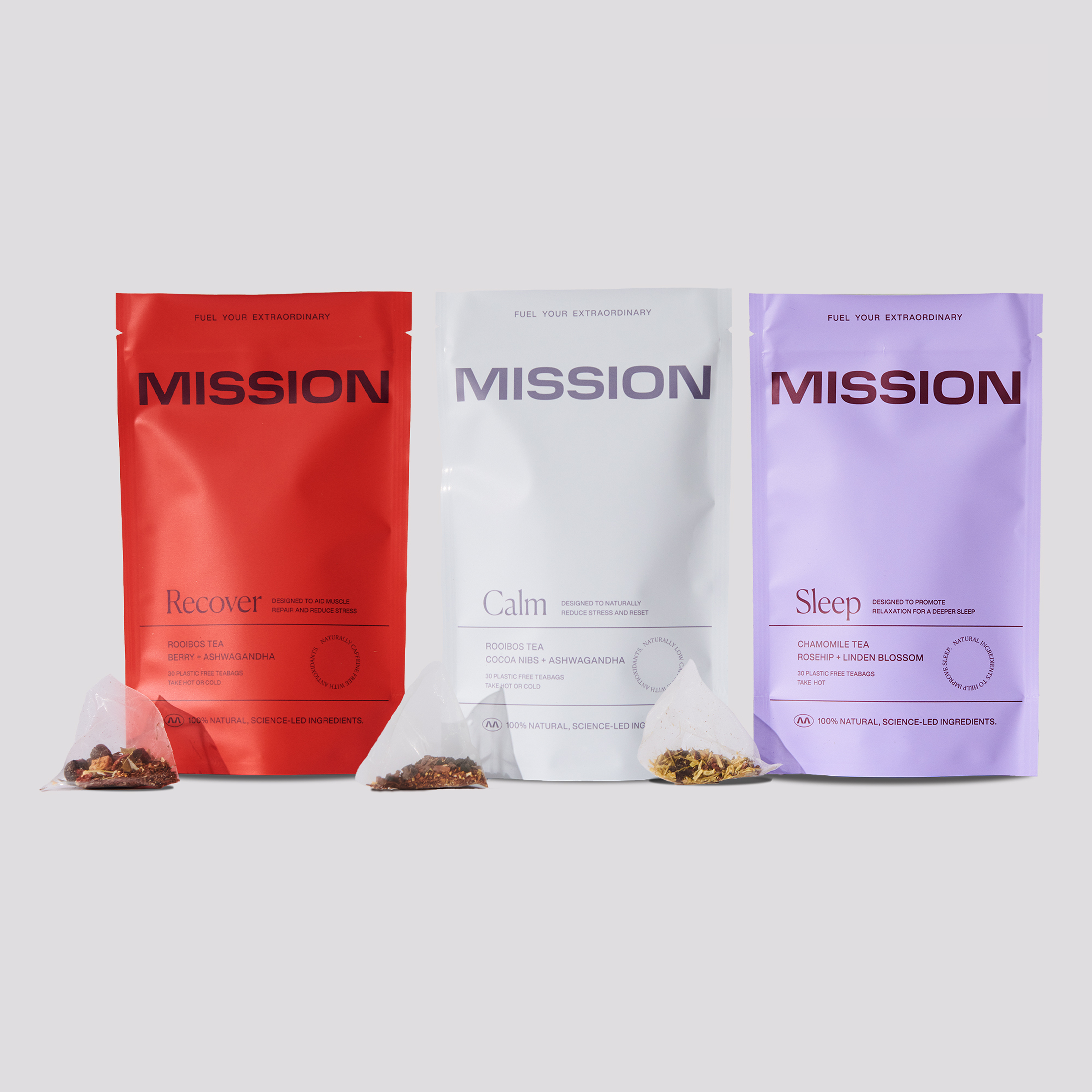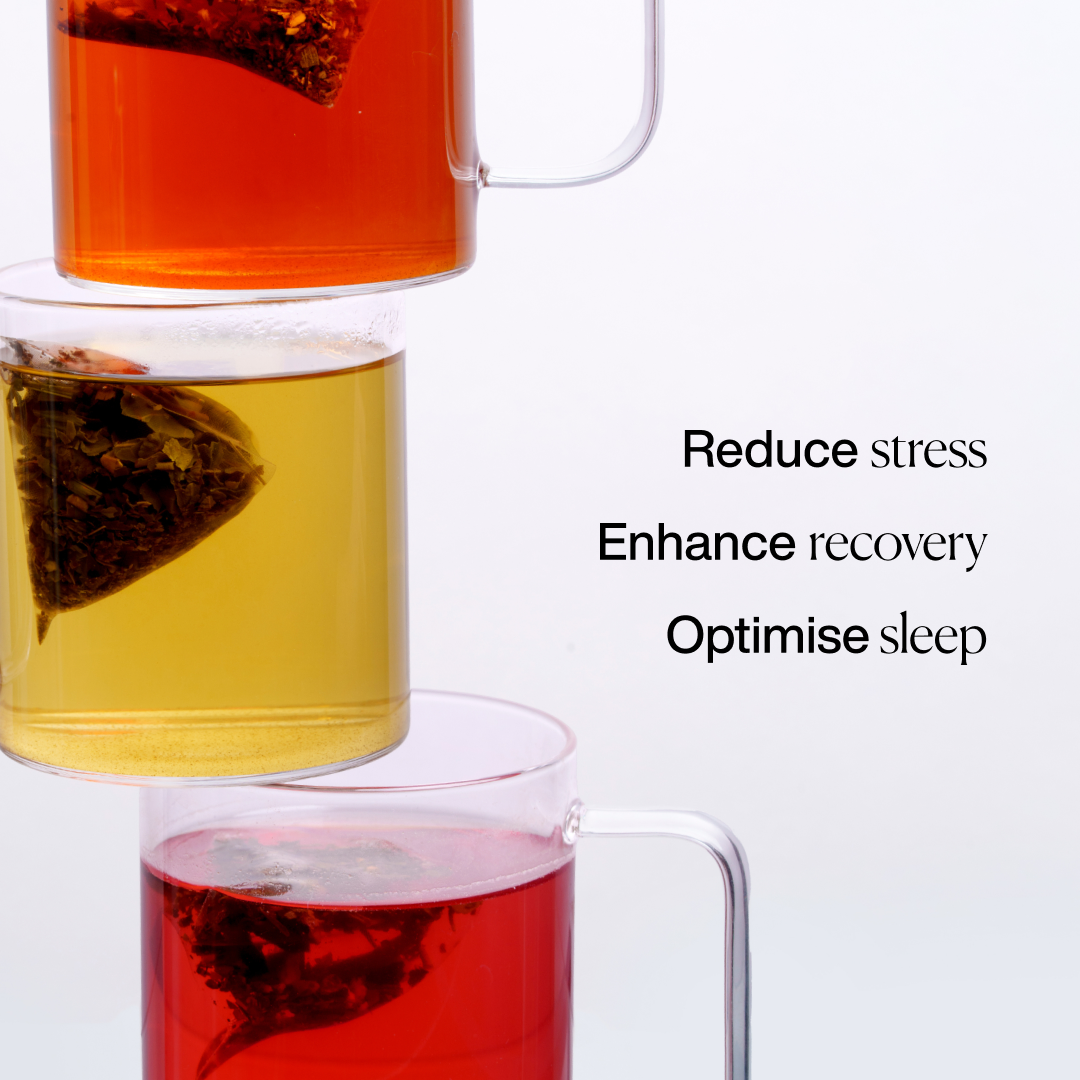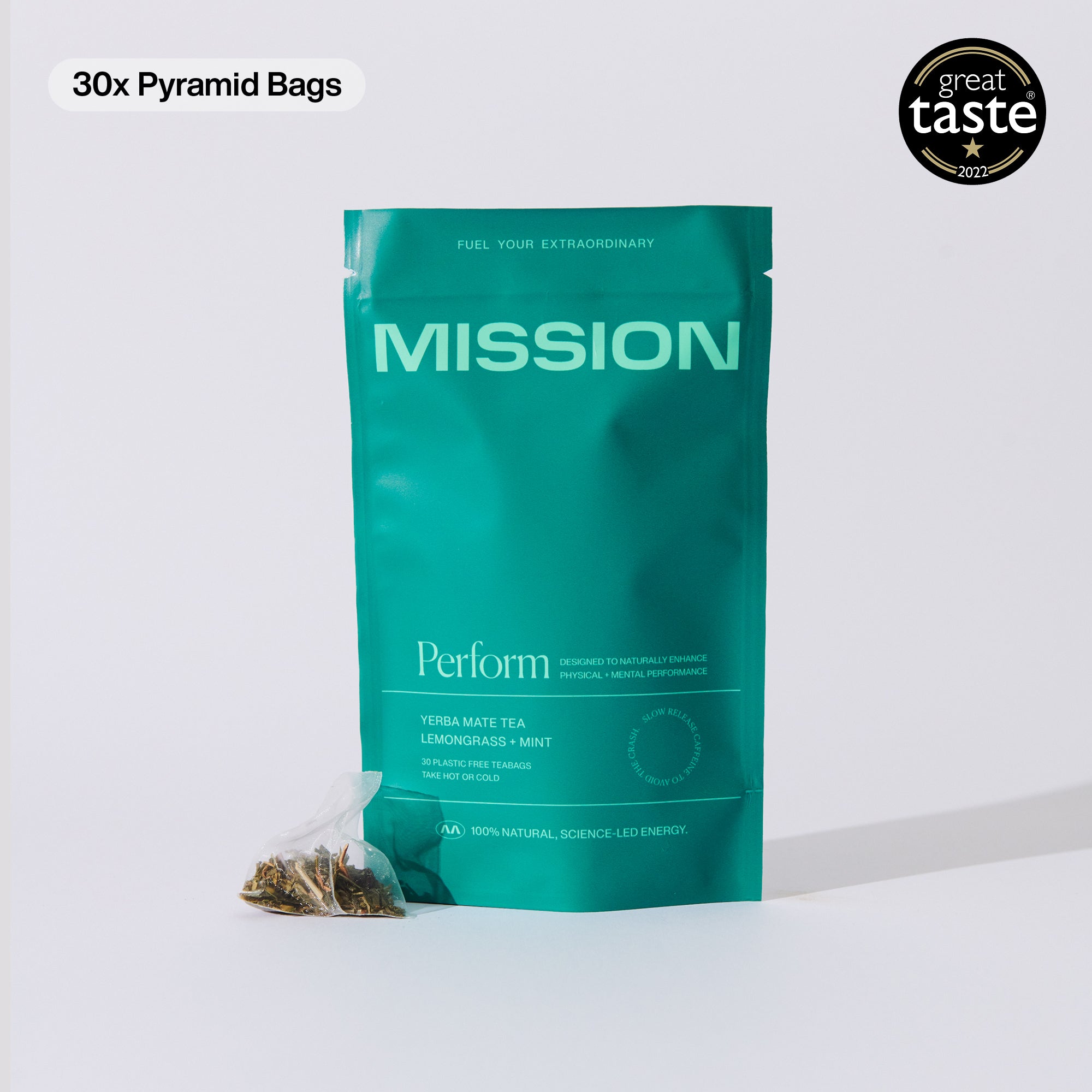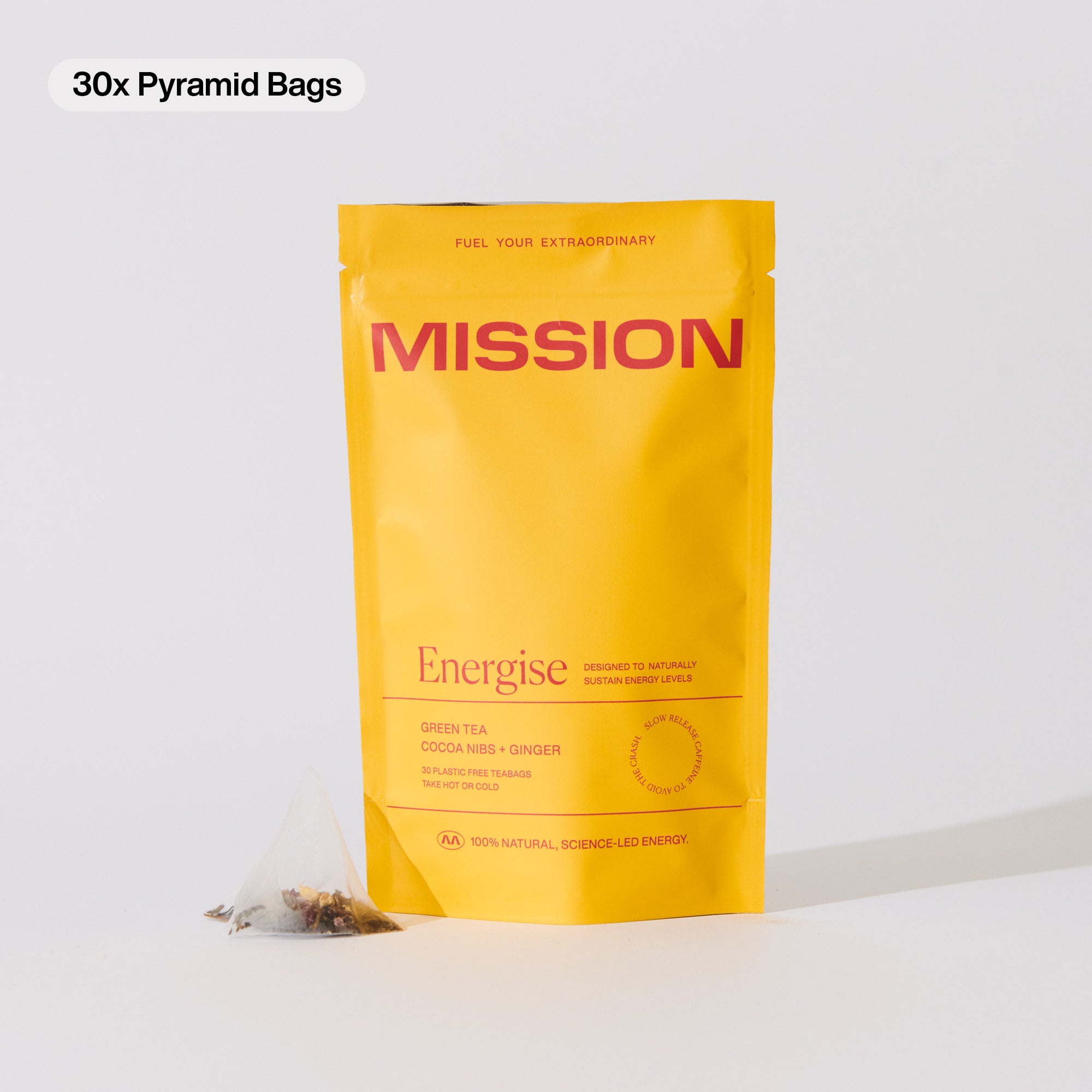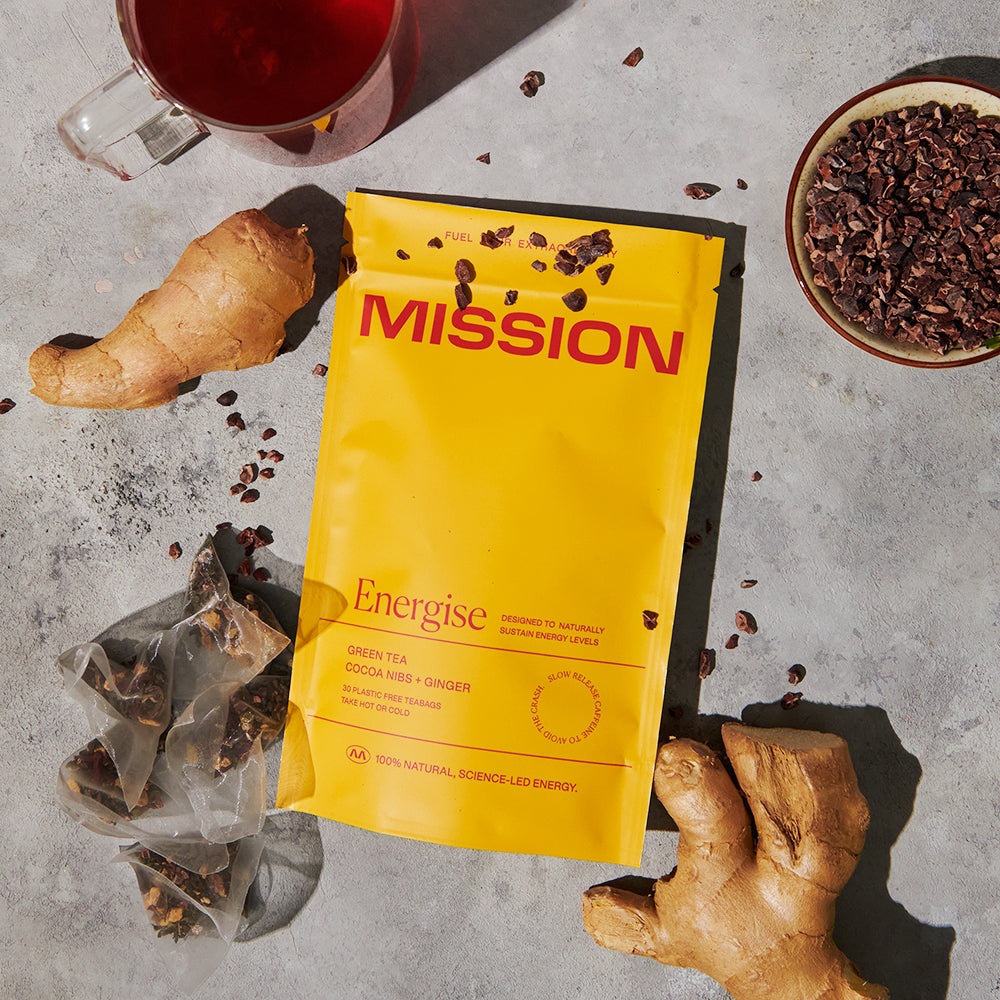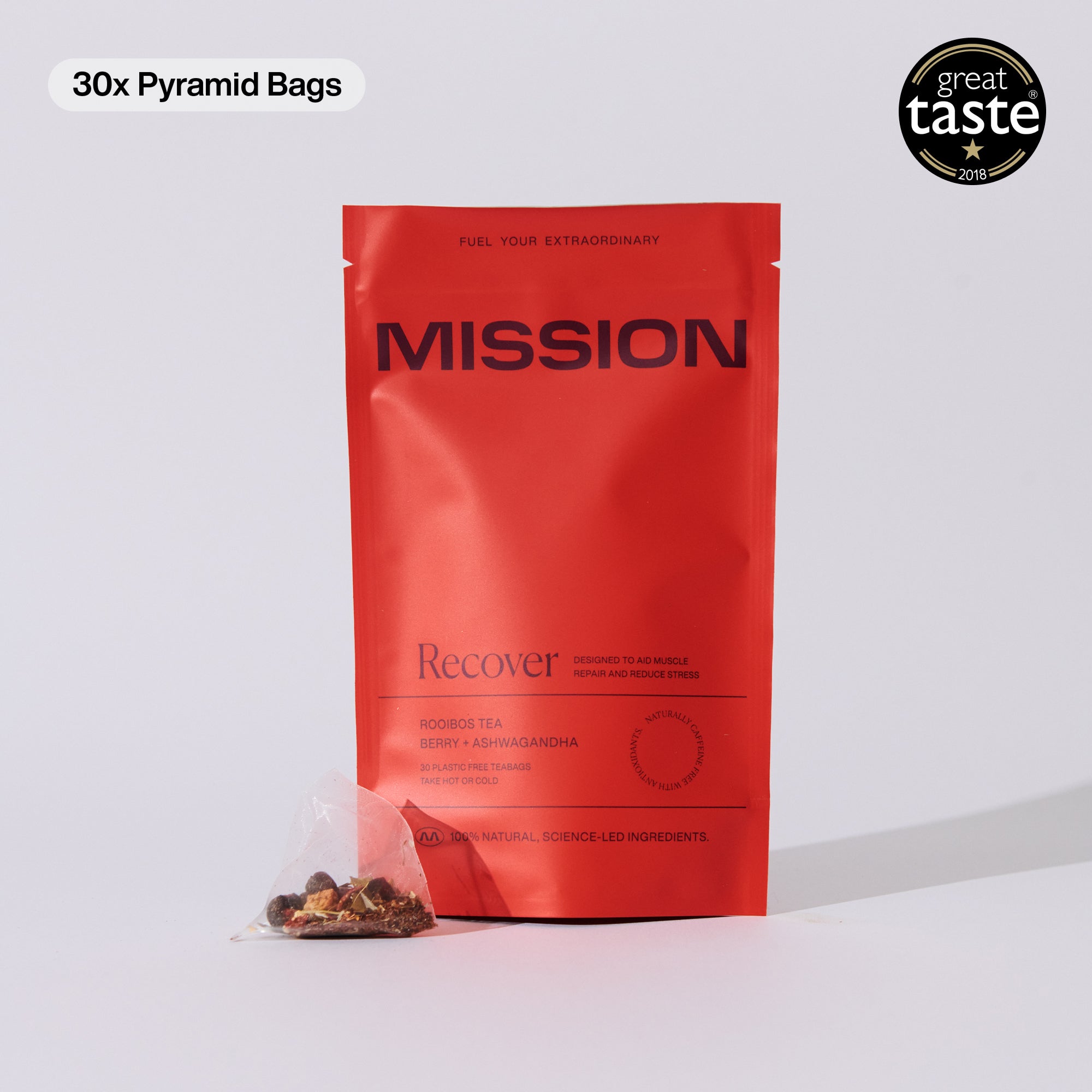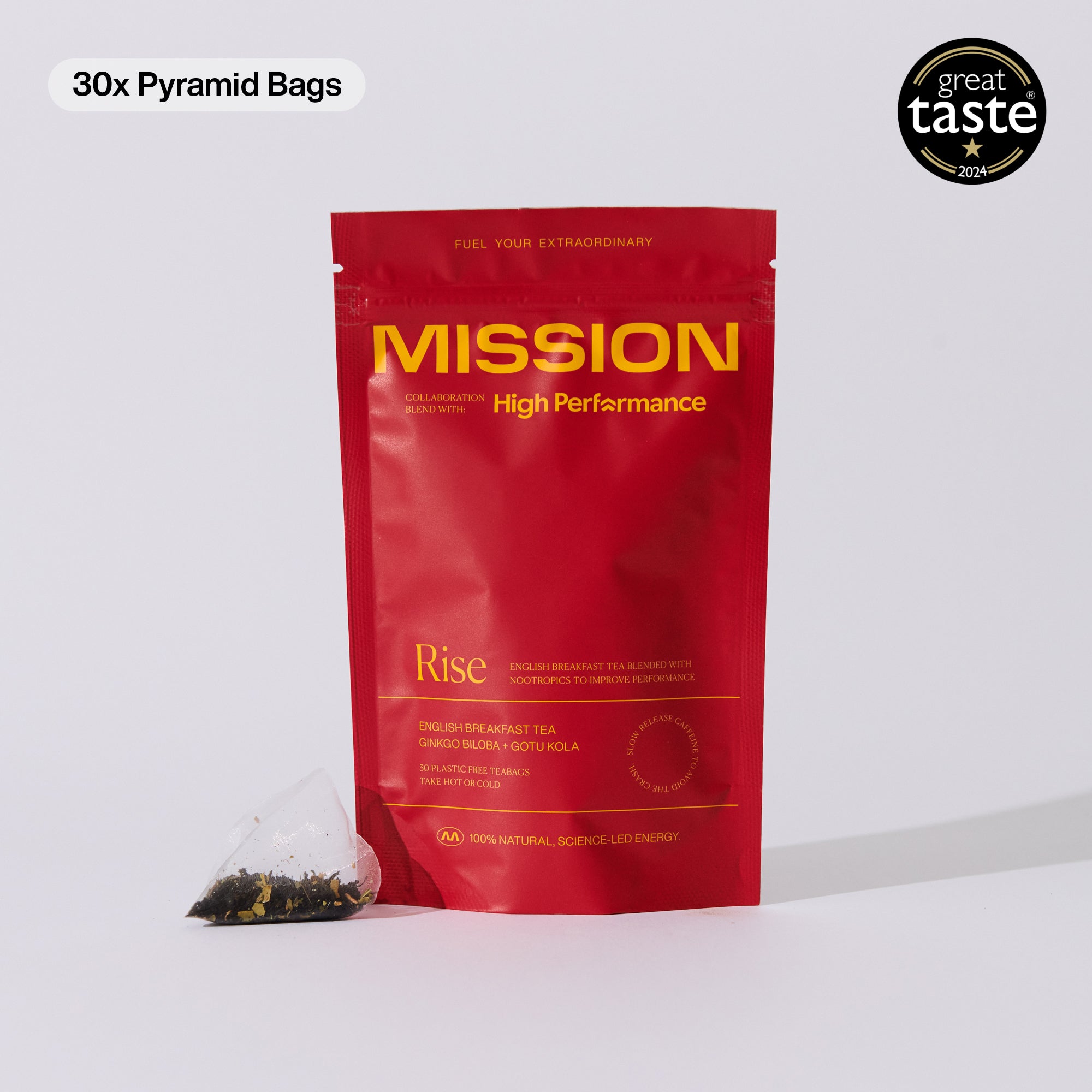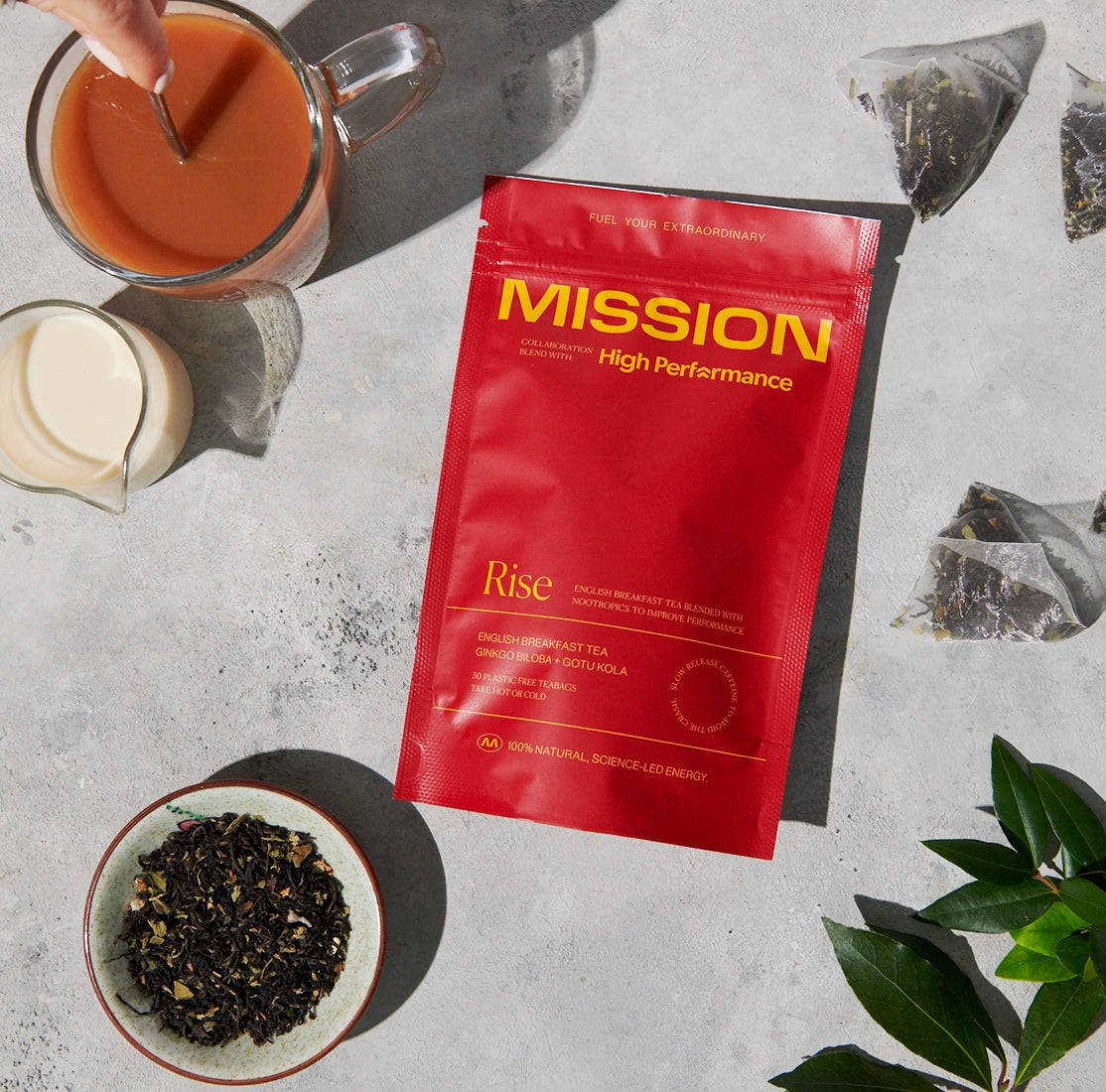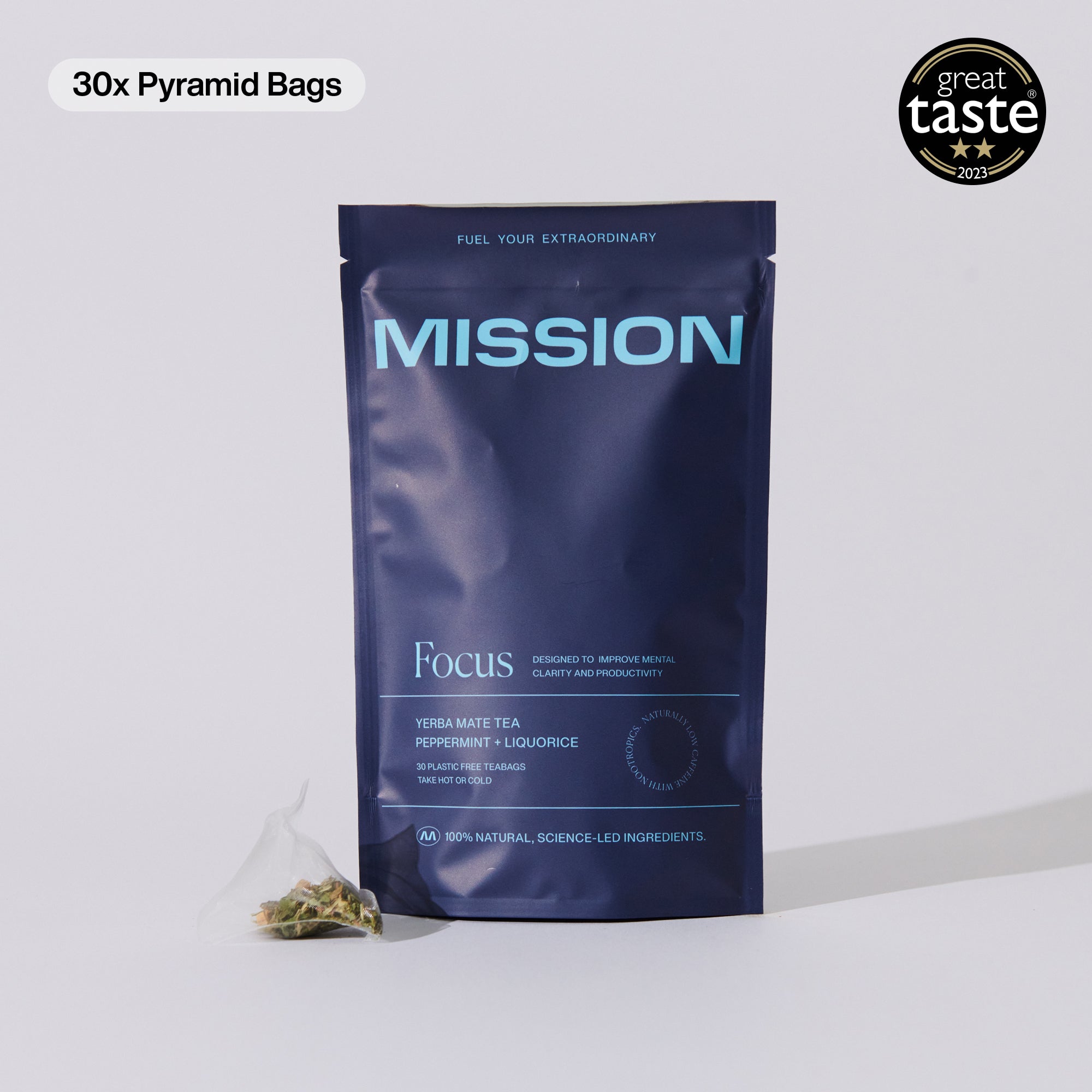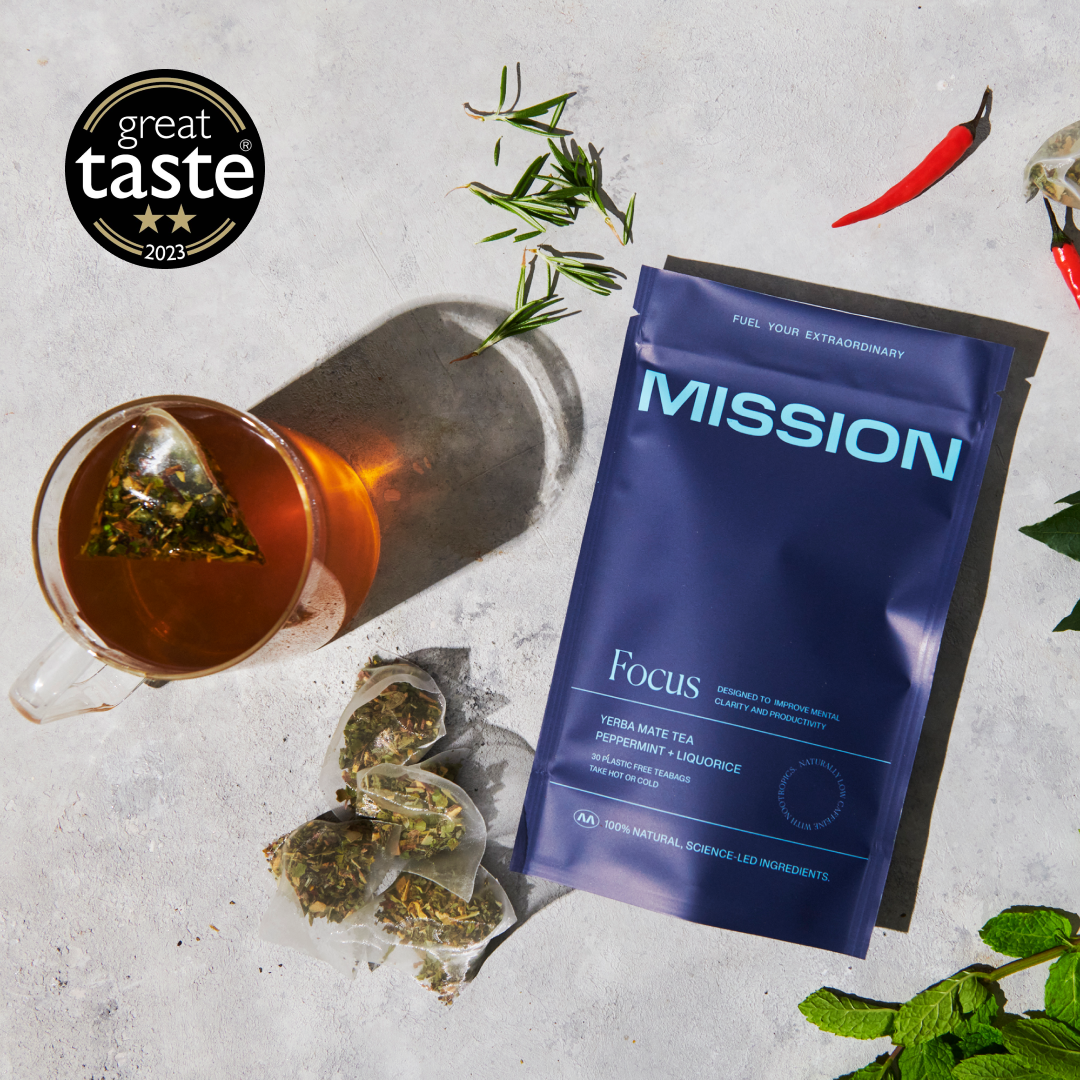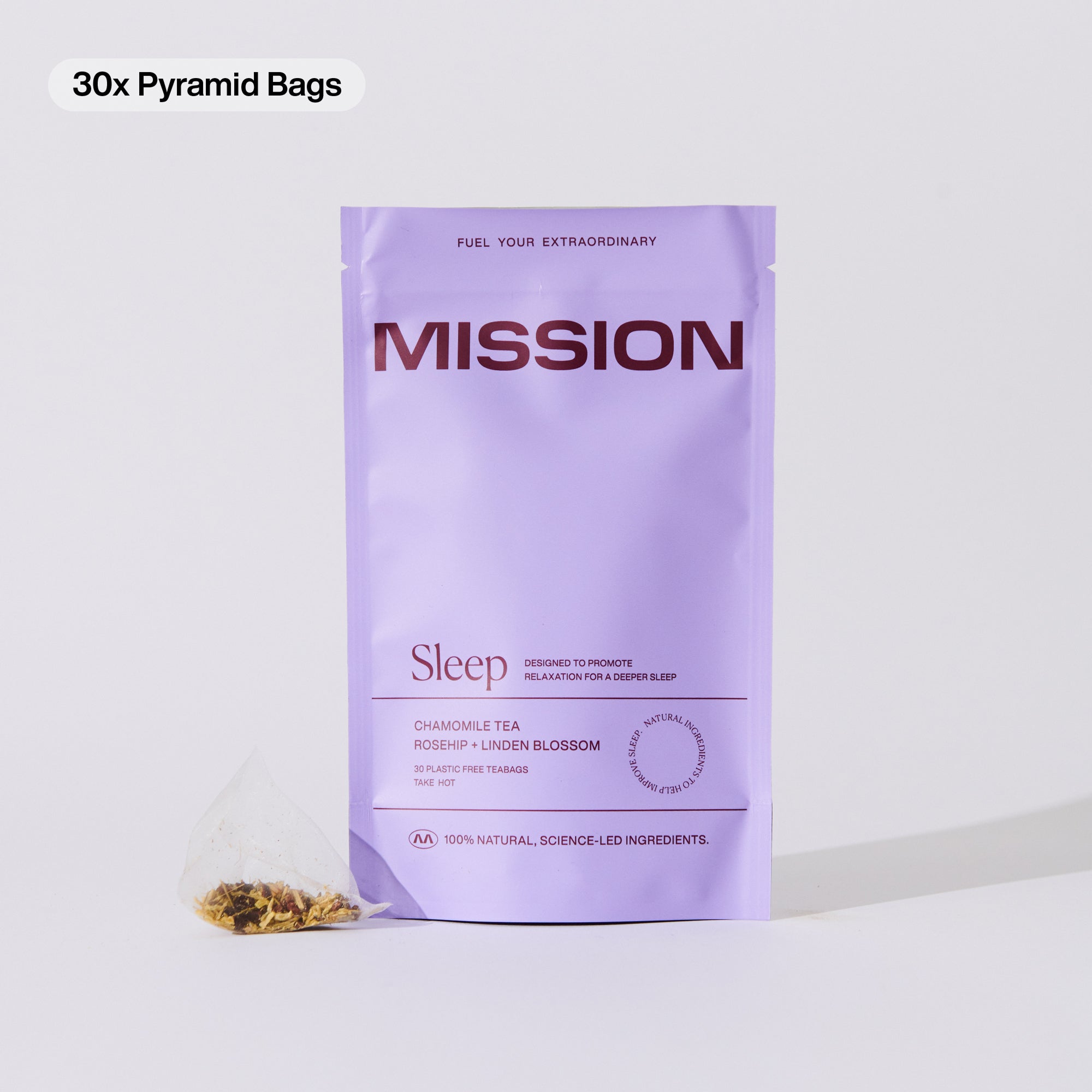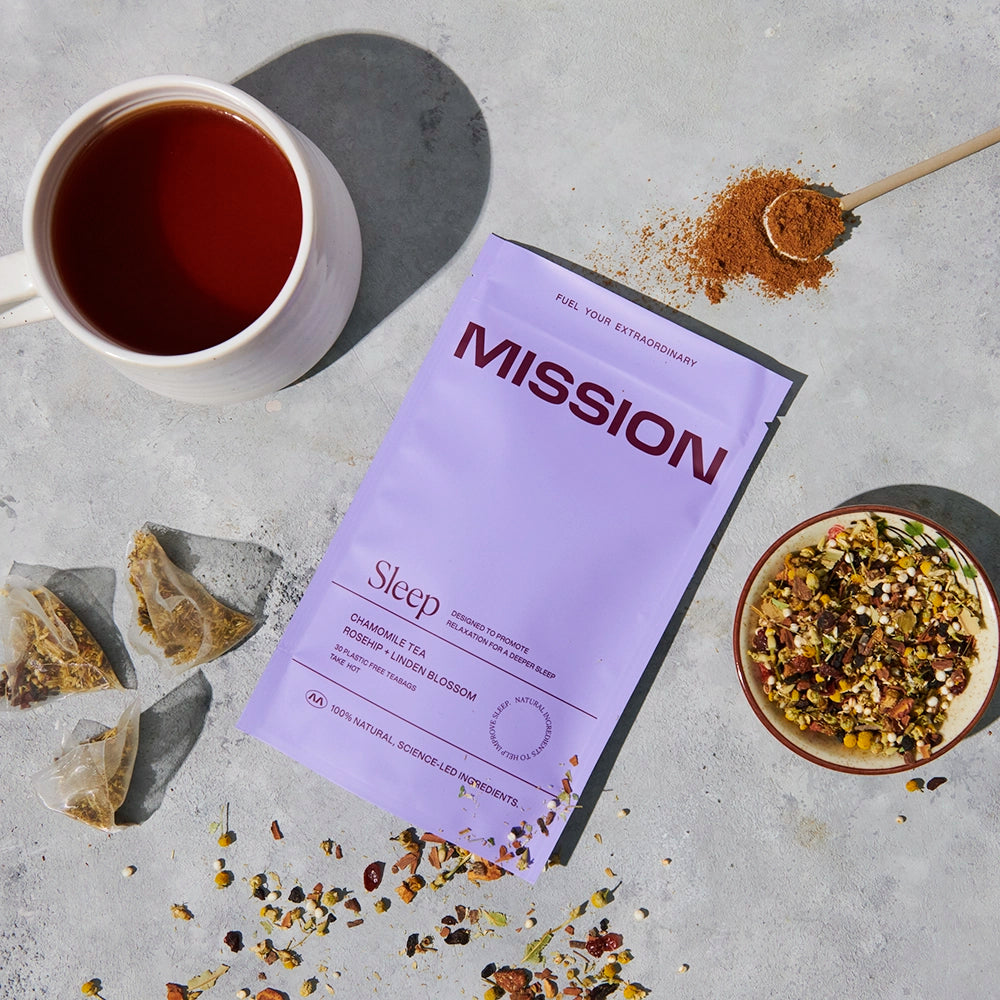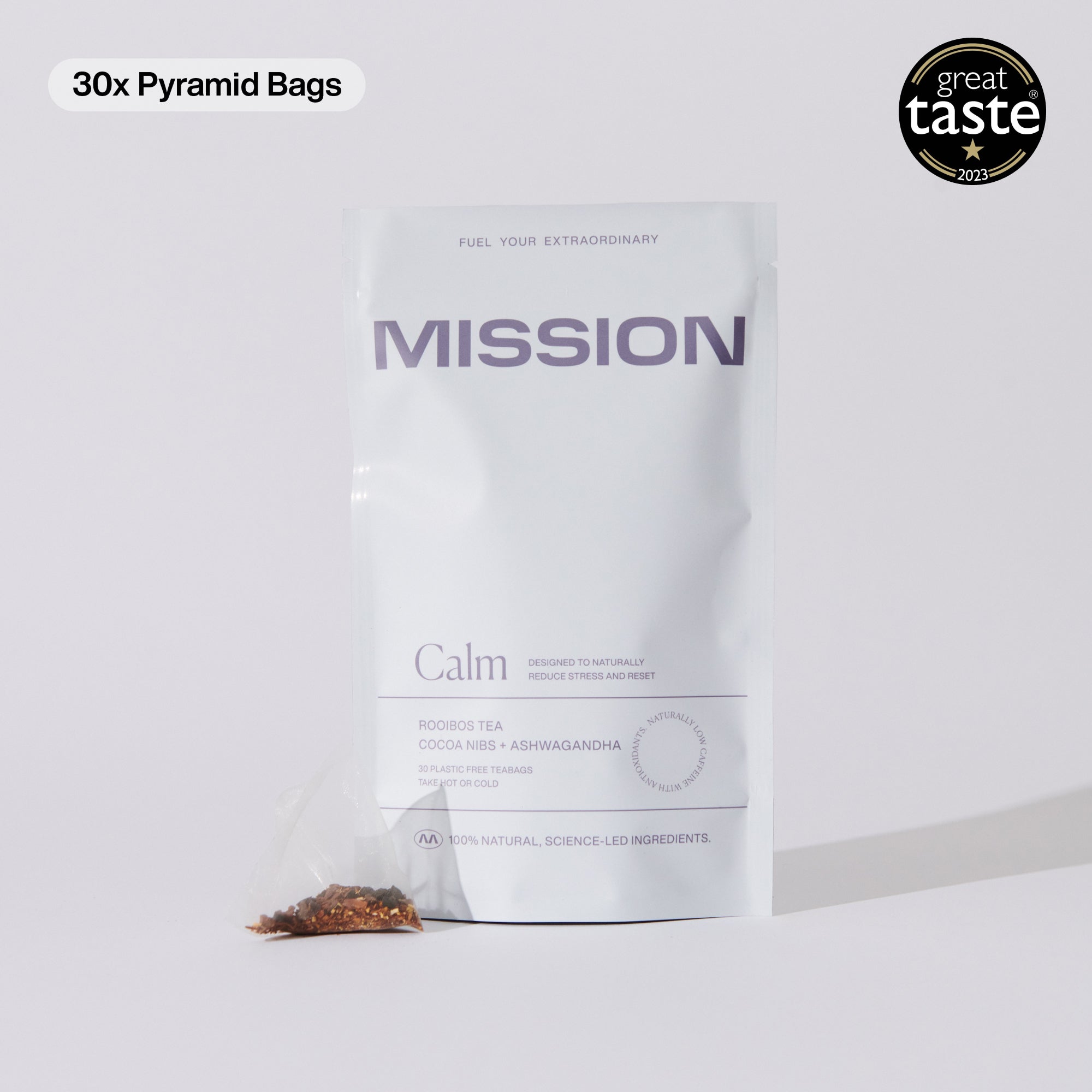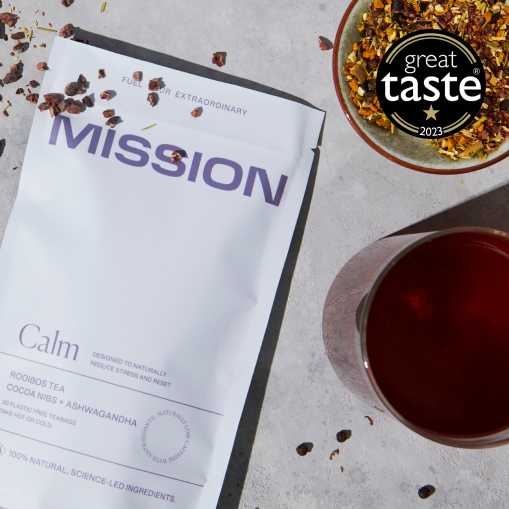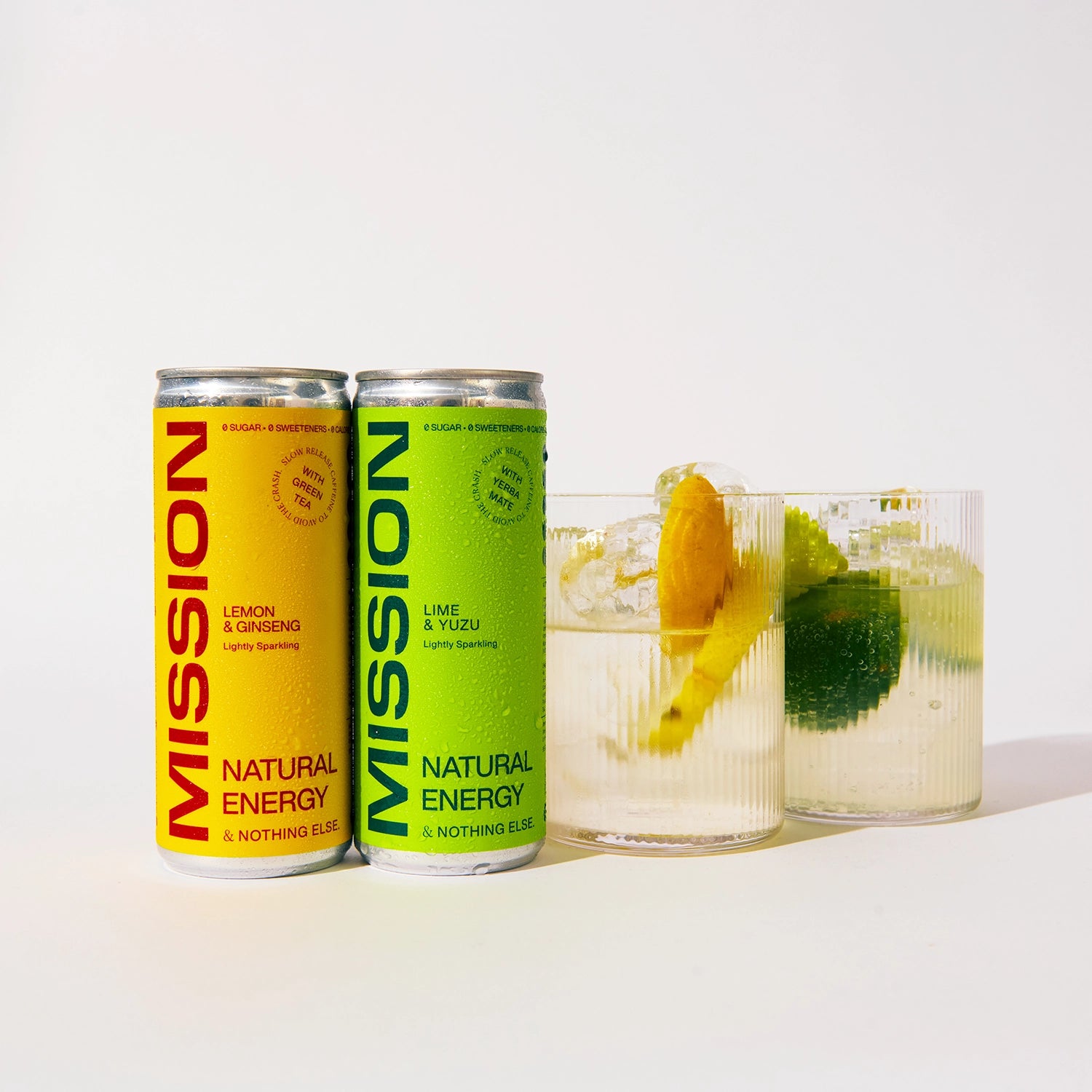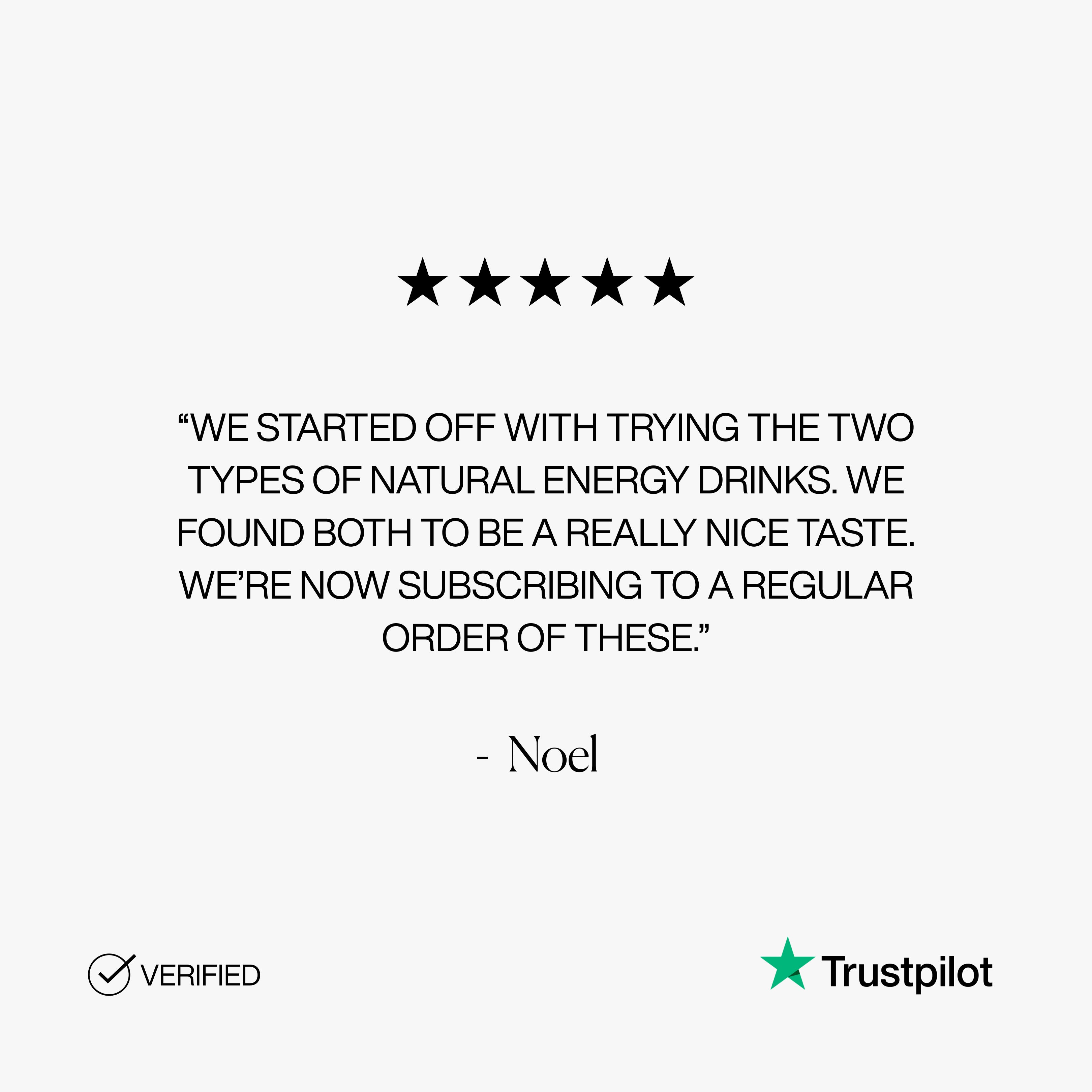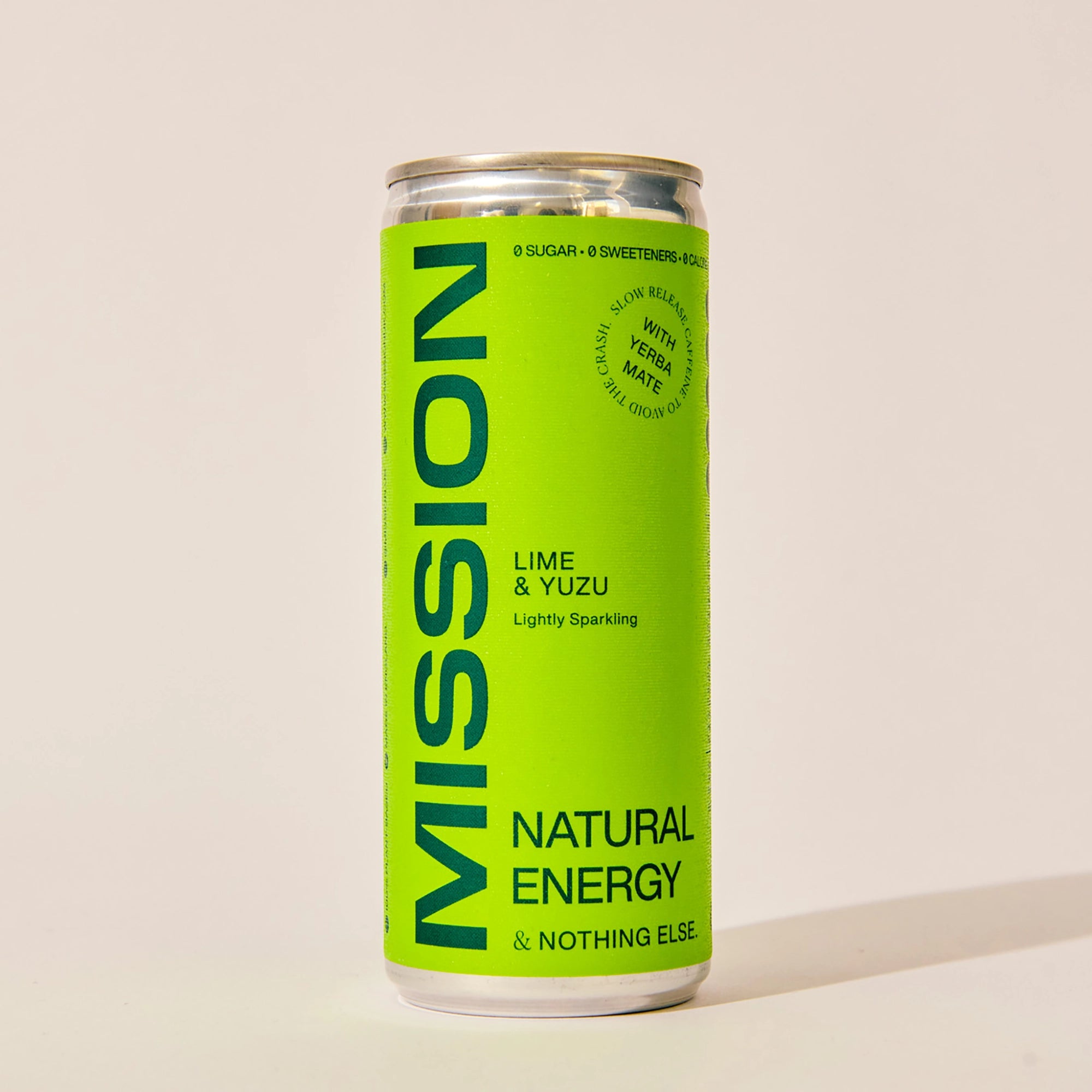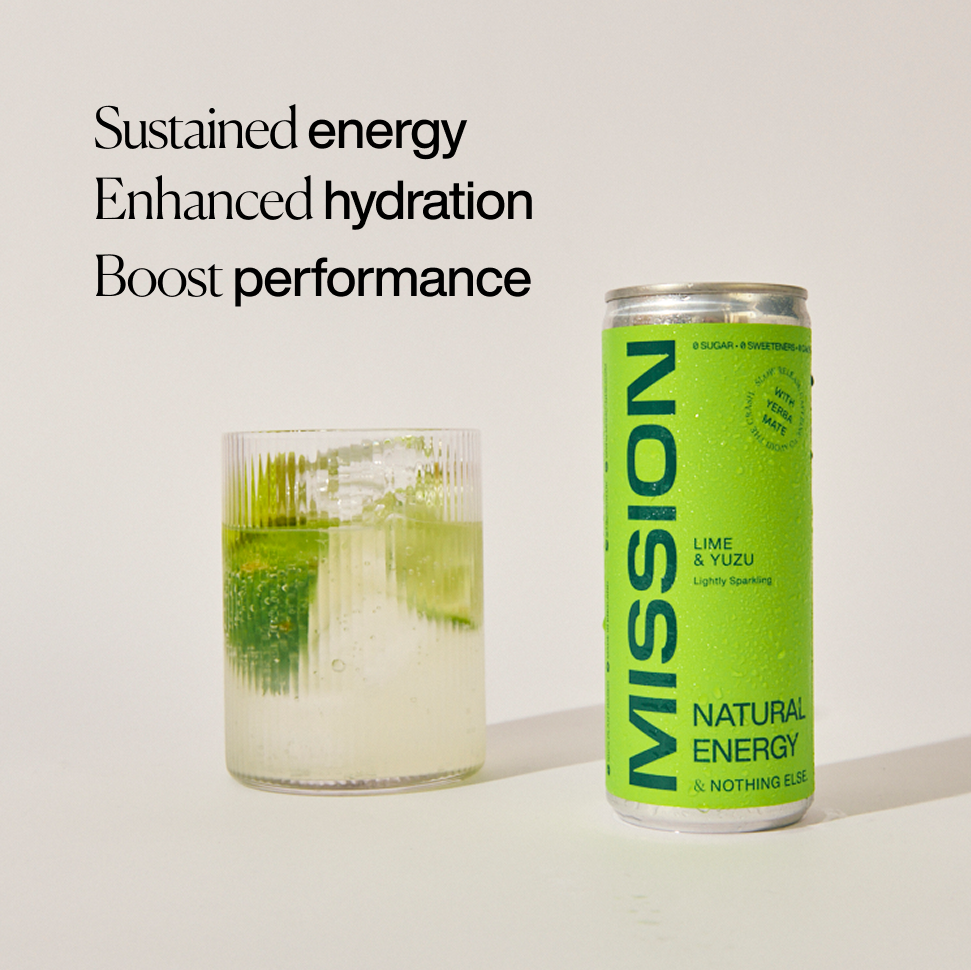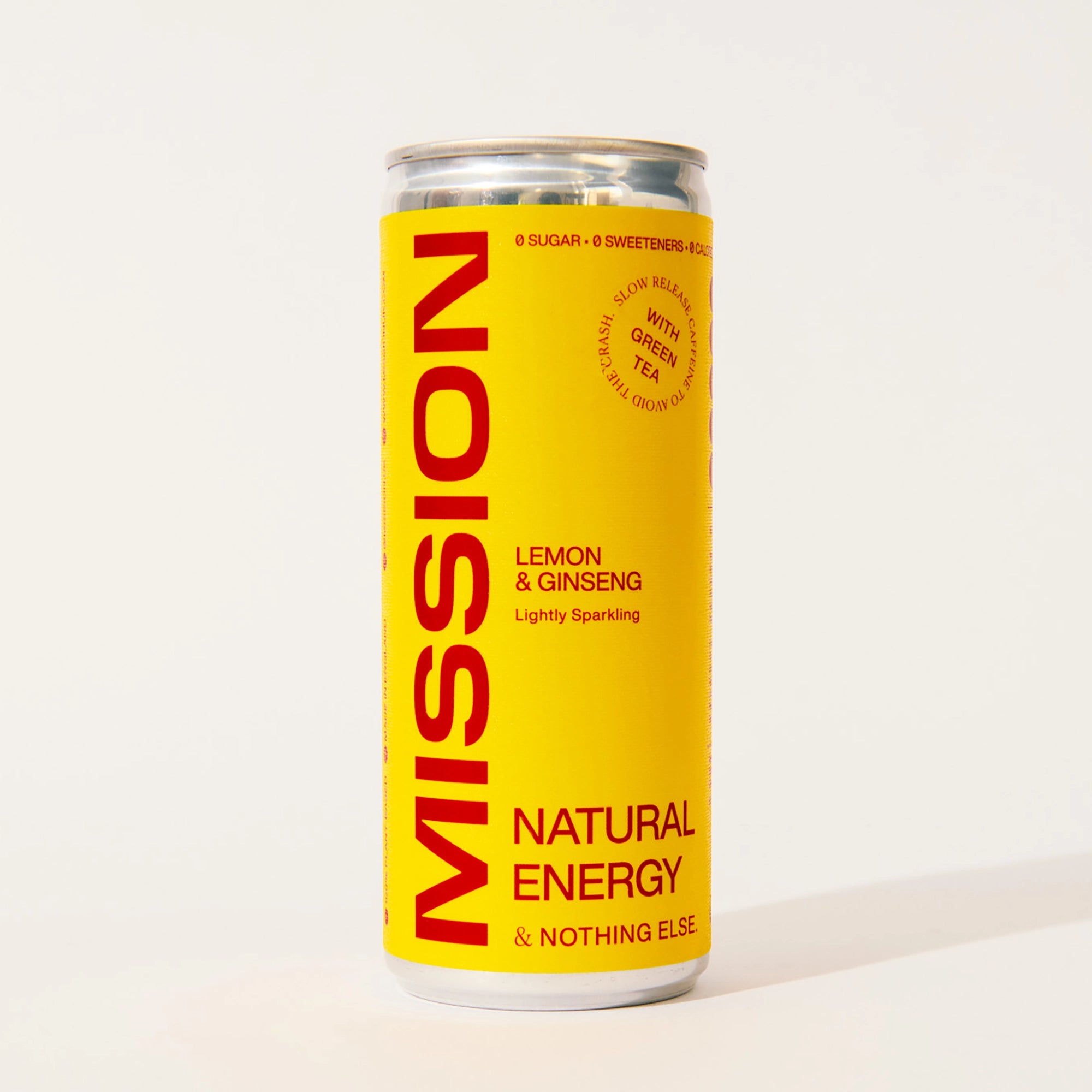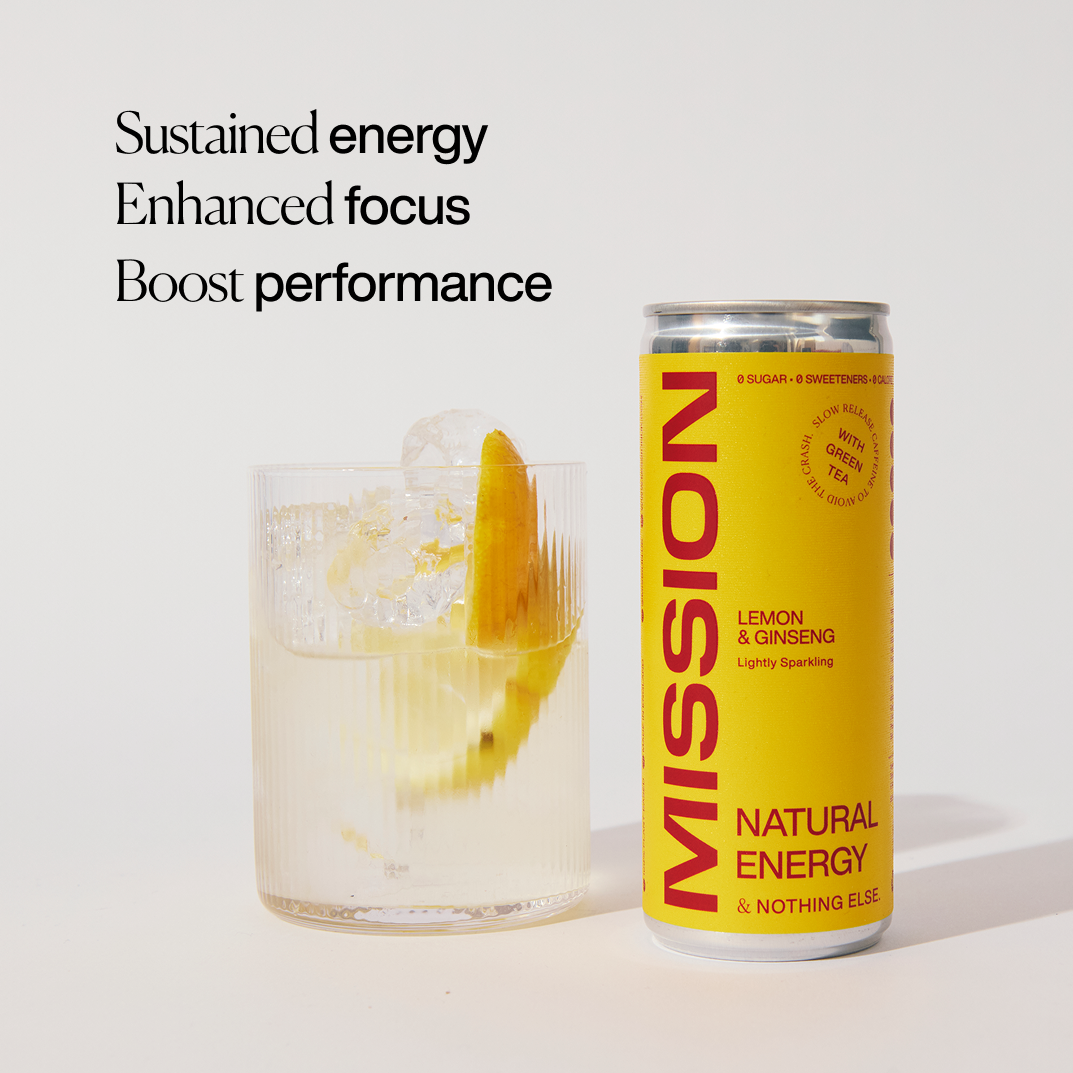How can ginger benefit an athlete?
Ginger is a well-known spice derived from the Zingiber officinale plant that has been used for centuries in non-western traditional medicine. Its use as a performance enhancer in sport is starting to be investigated, and its principal benefits in this regard are its ability to:
• Promote metabolic flexibility, through switching muscles to be fat-dependent as opposed to carbohydrate-dependent metabolism.
• Act as an analgesic (pain reliever).
1) Ginger promotes metabolic flexibility
Ginger influences a key pathway in the concept of metabolic flexibility which is regulated by something called PPARδ. PPARδ is present in highly-active tissues such as skeletal muscle, and it functions to regulate the use of energy in these tissues, helping to switch these muscles of being dependent on carbohydrates for energy to being more dependent on fats. By increasing fat metabolism in skeletal muscles, Ginger extract supplementation has been shown to improve exercise endurance capacity and reduce diet-induced obesity. This, in combination with reports that Ginger enhances testosterone during exercise production, suggests that Ginger has the potential to provide significant ergogenic benefits for athletes and other high performers.
2) Ginger Acts as a Pain Reliever
Most athletes, including up to 70% of endurance athletes competing in triathlons, marathons, and ultramarathons report using non-steroidal anti-inflammatories (NSAIDS e.g. Advil, Ibuprofen, etc.) for pain relief on a regular basis. However, NSAIDS have been shown to have a number of harmful side-effects including:
• Gastrointestinal (GI) dysfunction (resulting in diarrhoea, cramping, and a prolonged inflammatory response).
• Bronchoconstriction (making breathing more difficult).
• Impairment of connective tissue repair.
• Prevention of protein synthesis (reducing muscle regeneration post-exercise).
• Increased risk of cardiovascular events.
Ginger, on the other hand, taken at a dose of 2 g/day for 5 days, has been shown to:
• Act as an analgesic (pain reliever), through:
• Reducing muscle pain.
• Improving GI function (less cramping and diarrhoea).
• Reducing inflammation and accelerating recovery.
It does this through a similar mechanism to NSAIDS (by blocking a series of enzymatic pathways) but additionally blocks a receptor called Vanilloid 1 which influences pain processing in the central and peripheral nervous system, as well as preventing the release of pro-inflammatory molecules that exacerbate exercise-induced muscle pain.
In this regard, each serving (2g) of our Energise Tea contains 0.4g of Ginger extract. This means that a 70kg individual ascribing to our recommended regimen of teas benefits from ±1g of Ginger supplementation per day, which taken regularly should provide both pain relief and improved endurance capacity.
Check out our Energise blend here.



